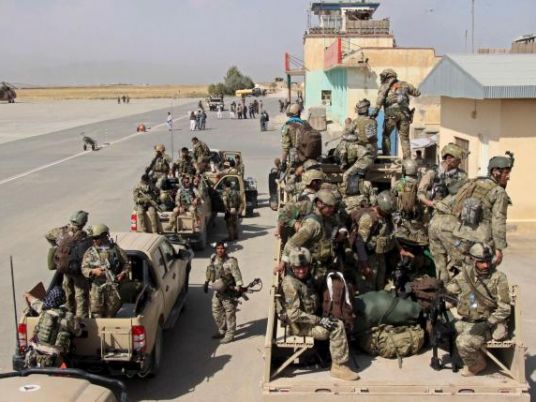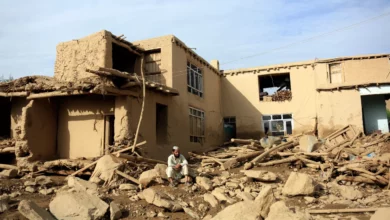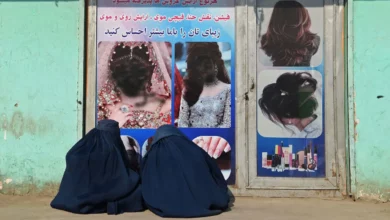
A total of 2,531 Afghan security forces were killed and 4,238 wounded in the first four months of the year, according to figures released in a report by the Special Inspector General for Afghanistan, a US Congressional watchdog.
The figures, from Jan. 1-May 8, were provided to US military authorities by the Afghan government and were consistent with figures from the same period last year, the report said.
In an earlier report released in February, SIGAR said at least 6,785 Afghan soldiers and police had been killed in the first 10 months of 2016.
The figures, showing around 20 soldiers and police being killed every day, underline the challenge for Resolute Support, the NATO-led training and advisory mission trying to build up Afghan security forces. The United States is expected to send around 4,000 troops to boost the mission but has yet to announce its long-awaited new strategy for the region.
US commanders and officials have warned repeatedly that Afghan forces have been suffering unsustainably high casualties against the Taliban, partly because of tactics that include a heavy reliance on vulnerable static checkpoints.
Just last week, around 30 Afghan soldiers were killed in the southern province of Kandahar when their checkpoint was overrun by Taliban fighters.
US officers say that troops defending checkpoints suffer as much as 10 times the level of casualties as they do when conducting offensive operations. But they have struggled to persuade Afghan commanders to cut their use, partly because local politicians say the checkpoints are needed as a visible sign of government presence in isolated areas.
The SIGAR report also quoted US commanders who assess the fighting between government and insurgent forces as a “stalemate”, with government forces in control of 59.7 percent of the country’s 407 districts, the same as last quarter.
It said insurgents control 11 districts and influence another 34, equivalent to 11.1 percent of the total with another 29.2 percent contested, although it was unclear if they were actively contested or simply left alone by both sides.
The main centers of insurgent strength were in the southern provinces of Helmand, Kandahar, Uruzgan and Zabul as well as Kunduz in the north.
Around 3 million people, or about a tenth of the population, were living in areas controlled or influenced by insurgents, with some 21 million living in areas under government control or influence.




